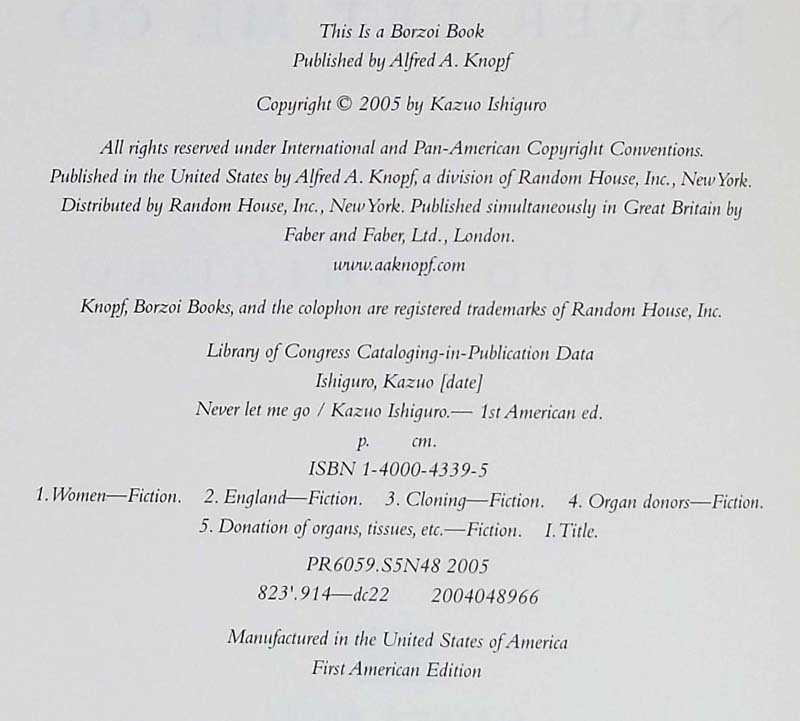Never Let Me Go (2005) by Kazuo Ishiguro is a haunting and profoundly moving novel that blends subtle dystopia with aching humanity. Set in an alternate England, the story unfolds through the reflective voice of Kathy H., a “carer” who reminisces about her childhood at Hailsham, an idyllic yet eerie boarding school where students are groomed for a dark, preordained purpose. Alongside her friends Ruth and Tommy, Kathy navigates the complexities of love, friendship, and loss, all while grappling with the grim reality of their existence: they are clones created for organ donation, their lives a fleeting prelude to sacrifice.
Ishiguro’s prose is deceptively quiet, layering tension beneath nostalgic recollections of art classes, childhood rivalries, and fleeting romances. The novel’s power lies in its emotional restraint, forcing readers to confront ethical horrors through the lens of Kathy’s resigned acceptance. Themes of identity, mortality, and the fragility of innocence resonate long after the final page, challenging the boundaries of what it means to be human.
A masterpiece of speculative fiction, Never Let Me Go transcends its genre, offering a poignant meditation on time, love, and the inevitability of loss.









